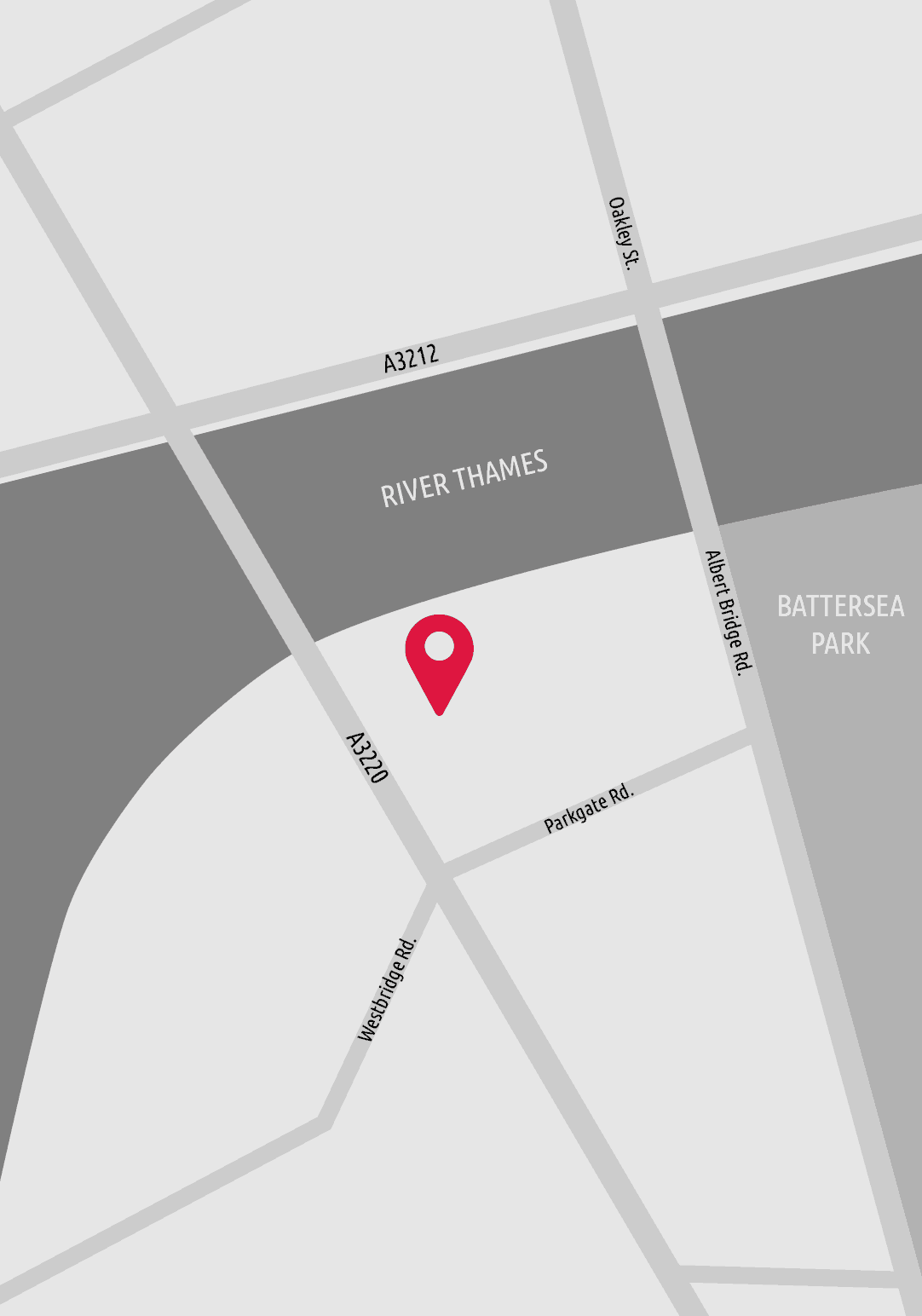In a mere 10 years, the UK is set to ban the sale of new petrol, diesel and hybrid cars. The alternative put forward by the government and ‘green’ campaigners: electric vehicles (EVs). In my role as Head of Product and Business Development at CKDelta, I see first-hand the role that anonymised data can play in supporting a smooth transition to a greener transportation sector.
10 years doesn’t give us much time. To meet our net-zero emissions targets we’re going to have to rapidly adopt alternatives to fossil fuel-powered vehicles. Just switching on the morning news, or picking up a newspaper tells you that there is appetite for such change, but there are concerns raised about the range of EVs and the lack of existing charging infrastructure.
There is no one ‘quick fix’ to these concerns. However, leveraging anonymised data is already proving extremely valuable to those responsible for planning and supporting the localised rollout of necessary infrastructure. As part of CK Hutchison Holdings, one of the largest conglomerates in the world, CKDelta has access to a diverse portfolio of businesses which provides a source of anonymised data – including mobility data.
This data allows us to estimate and predict where (geographically) and when (time of day) there are likely to be spikes in electricity usage. For example, mobility data could show key commuter routes in towns and cities, and it can help to recognise which areas are likely to experience a faster EV uptake, with increasing requirements for enabling infrastructure.
There are three key benefits of using predictive analytics in this instance:
It ensures that local authorities and private forecourt operators can deploy charging infrastructure in areas of high demand where they will be of most need to drivers. This would allay fears from buyers of EVs around a lack of infrastructure and reduce the so-called 'range anxiety’ experienced by many today.
It would ensure that the UK’s six licensed distribution network operators (DNOs) can better understand when and where to reinforce their networks in order to increase capacity and meet consumer demand.
Harnessing anonymised data also has the potential to create commercial opportunities for retailers by understanding trends and behavioural patterns such as, locations where drivers dwell for longer times for instance. A perfect example of a win-win situation which can only be identified through a deep understanding of – and access to – high quality data.
Investment in EV infrastructure and sustainable transportation methods played a starring role in the Chancellor’s Spring Budget. To build a cleaner, greener future, we need to better understand behaviour and model how it might change to deliver usable real-world insights.





